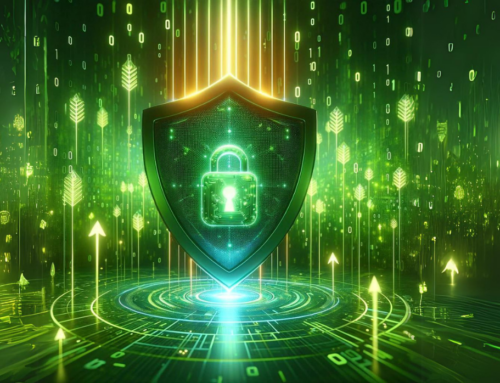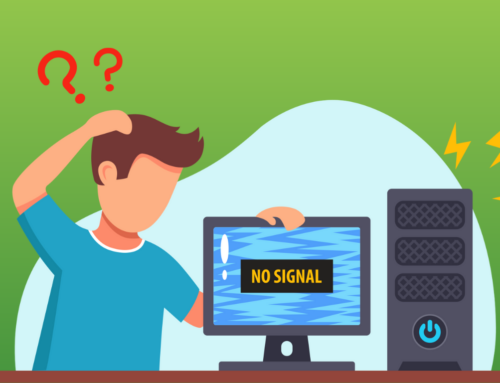When it comes to the online world, it’s important to practice good security habits. But unfortunately, not practicing these habits is… well, easier. As a result, however, a large majority of online users pick up some pretty bad habits. Here are a few you should watch out for.
Reusing passwords
Creating, remembering, and changing passwords is exciting for all the wrong reasons… mainly because it’s frustrating and makes alcoholism look appealing. So to avoid all of that, many people prefer to just… gulp… reuse passwords.
And as a result, all of their 137 online accounts rely on the same password, which just so happens to be “password.”
This is a terrible, no good, awful, entirely horrible habit to adopt. Never reuse a password. Ever. Keep your passwords unique for each online account you belong to. If you don’t and a hacker manages to break into one of your accounts, then you’re giving them an all-access pass to all of your 348 online accounts.
Sharing passwords
While we’re on the subject of passwords, you should never share them. Obviously, it’s pretty obvious that this is an obvious thing not to do. However, more people do it than should ever be openly admitted anywhere.
This could be something as simple as giving a friend your Netflix password. You never know who your friend will give that password out to and where your credentials will end up. Keep your passwords to yourself.
Postponing updates
How easy is it to postpone a software update, and how much more likely are you to click “Remind Me Later” rather than to complete a security patch?
Actually, don’t answer that.
Updates exist for a reason – and usually, they’re meant to patch security gaps within your system. If you postpone these updates, you’re leaving your devices unnecessarily vulnerable to external threats.
Trusting emails
Just because an email asks you to do something, doesn’t mean you should. And just because an email says it’s from a specific company or person, doesn’t mean it is.
The sending and receiving of malicious emails has only gotten worse over the last few years, and people haven’t gotten any better at avoiding them. In fact, the stats on how quickly people open up malicious emails are staggering – like it-only-takes-an-average-of-82-seconds-to-get-a-first-victim kind of staggering.
When it comes to phishing and emails in general, suspicion is your greatest ally. Always take a few moments to question the legitimacy of an email and its requests.
Not changing
Threats change, right? Something that threatens businesses today may or may not have been threatening a few years ago… like Ransomware and Malvertising. These threats are new, and it’s important to know how to protect yourself and your data from them. However, this involves quite a bit of change – something not everyone is willing to do.
Practicing good security habits and protecting yourself from prevalent cyber-threats means you have to learn new things, train your staff, and adjust your cyber-security strategy. If you don’t do this, the threats will grow into something bigger and badder, and you’ll remain just as you are – vulnerable and insecure.






